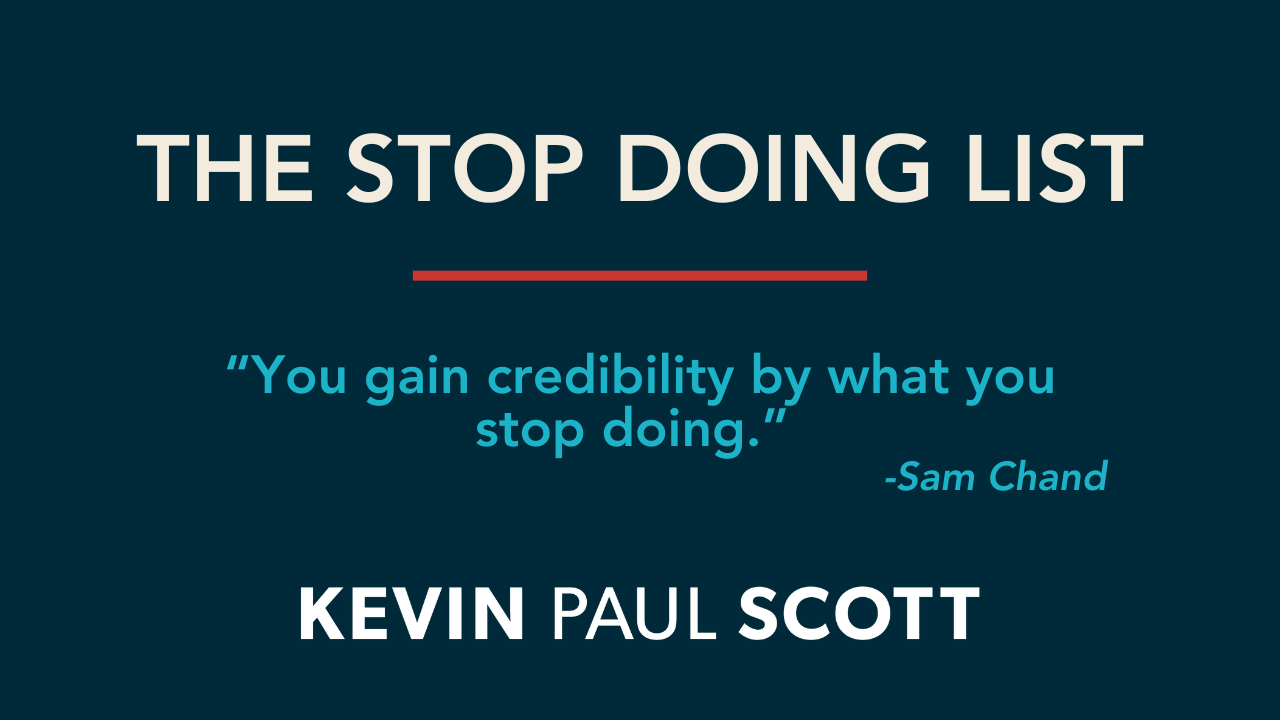No, really. Research suggests that all of us develop an opinion of another person in less time than it takes it to blink after that first glance.
How? We don’t know these people, and all we have to go on is how they look in that particular moment that we meet. Isn’t that shallow? Well, maybe, but it’s also just part of being human. We make opinions about other people based on the way they make us feel.
A person smiling will make us feel differently than a person grimacing.
A person with a relaxed posture will make us feel differently than a person who looks stiff and uncomfortable. A person who looks like they got ready for the day will make us feel differently than a person who looks like they just rolled out of bed.
First impressions aren’t the only decisions our minds make based on how we feel. In fact, many of our daily decisions come from our emotions. Some of you reading are starting to get defensive because you are logic-based, fact-confirmed decision makers. But even for those who don’t lead with their emotions, they still have a far greater impact than you might think.
Consider these questions:
Why do some people buy a particular brand of car that functionally does the same thing as a much less expensive car?
Why do people pay more for a shirt that has a particular logo on it?
Why do people eat food that they know is bad for them?
In each of these scenarios, people make decisions based on what makes them feel good! That feeling may be pleasure, or it may be the perception that others will think highly of them. People want to feel good, and smart businesses capitalize on this truth. One way they do this is to invest intentionally in their marketing teams and to hire individuals gifted at helping them create narratives that will reach the hearts of their consumers. Research suggests that people are far more likely to buy a product based on how an ad made them feel than the actual product. So, creating better feelings can lead to bigger profits.
Creating better feelings can lead to bigger profits.
Former Vice President for Marketing at Chick-fil-A, Inc., David Salyers says: “Endearing is enduring.”
And this truth applies beyond a business proposition. When a politician endears themselves to their constituents, they are more likely to be reelected.
When you endear yourself to your neighbors, they will be more eager to help you when you need them.
When a principal endears herself to her teachers, they will embrace her new vision for the school more quickly.
In other words, when people like you, they are better to you.
I know what you might be thinking; how do I do this? How do I get people to like me? How can I practically endear myself to others?
Here are three practical ways:
1. Connect with people on a human level.
2. Show you genuinely care.
3. Practice a generous attitude toward others; one that is to add value, not extract value.
Maya Angelou said, “I've learned that people will forget what you said, people will forget what you did, but people will never forget how you made them feel.”
Feelings matter.
They matter in our relationships.
They matter in our businesses.
They matter in our communities.
Don’t underestimate the power of feelings, and seek to endear yourself and your organization to others so you can leave a greater impact.

























.svg)





